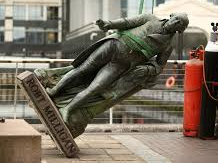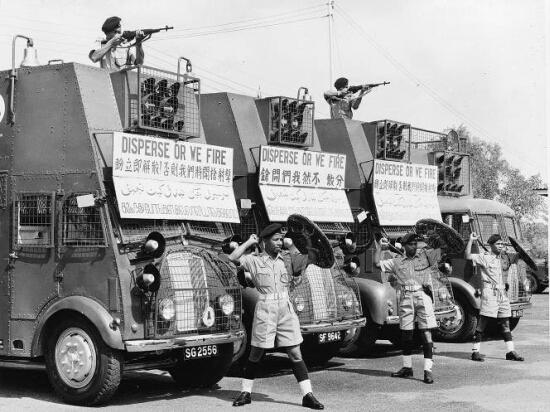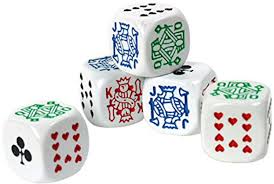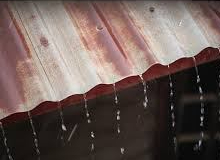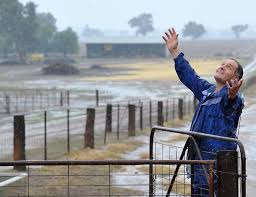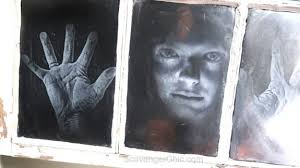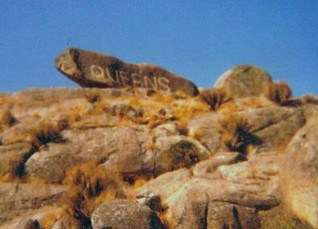Kaah -coo-coo-cooo
A hen had just laid and egg and proclaimed her pride and satisfaction for all to hear, as I passed on my early morning ride.
I again feel sad that I have no live chickens of my own. In urban areas, roosters are not permitted because of their intemperate calls. I was given some substitutes as a consolation, but sadly, they are silent, eat no caterpillars and don’t poo on the lawn.

Personally, I am an early riser, so am grateful for cock crows at dawn. When there is a full moon rising, I am delighted when vigilant roosters are fooled, thinking here comes the sun”!!
We fed weeds to our chickens when we were young; always keeping a look out for the head rooster, Mziki, who was a beautiful, vicious bastard! We fed him a dead boomslang and he choked on it and died. My Dad was very sad, so he was buried and not eaten. We tried to be sad…
Tsabetse, our convict gardener, was the chicken executioner. We youngsters were enthralled. He would catch the convicted fowl, place its head under its wing and turn a circle three times, disorienting the bird. He then stretched its neck on a wood block and chopped its head off.
Once, he let the body go too soon and it lurched to its feet, headless, tottered around gouting blood, scattering us like sparrows, squealing and twittering!
Swazis take great pride in the beauty of their chickens and some have acquired proud long legged Malay Game fowl. The Malay Game cock has a vicious hooked beak, and spurs like lances.
Back in the day, my elder brother and friends spent hours driving to remote kraals to buy prize specimens for secret, nefarious entertainment.
They had cockfights.

Blood and feathers and the guilty joy of indulging in a prohibited activity. We youngsters were enthralled, revulsed and fascinated, proud to be allowed to watch, but slightly appaled too.
That practice was ended on threat of prosecution after a complaint by some Mother Grundy. He/she probably doesn’t like boxing either!
My younger brother also loves chickens and he taught me the danger call: a Crrrrrrrk! uttered from the back of the throat, which sends all the hens scuttling under cover, with one eye skyward, looking for the chicken hawk.
His chicken run on his bushveld farm has to be pretty robust to resist attacks from pythons and egg eaters such as the imbolwane, a mongoose, which once provided much entertainment, when the chicken man had to catch it.

I was very happy to see feral gamefowl and bantams on roadsides in New Zealand.


Chickens are wonderful – they provide eggs and meat to many across the world. They are beautiful, make economical pets, eradicate garden pests while fertilising it in the process.

You gotta love them!




